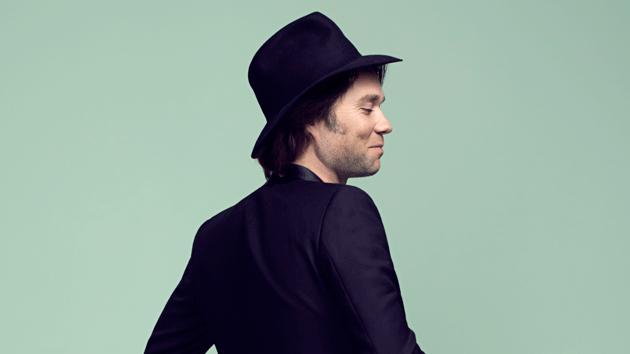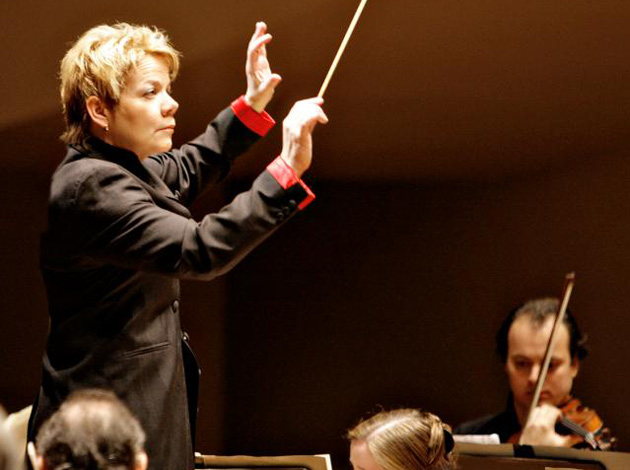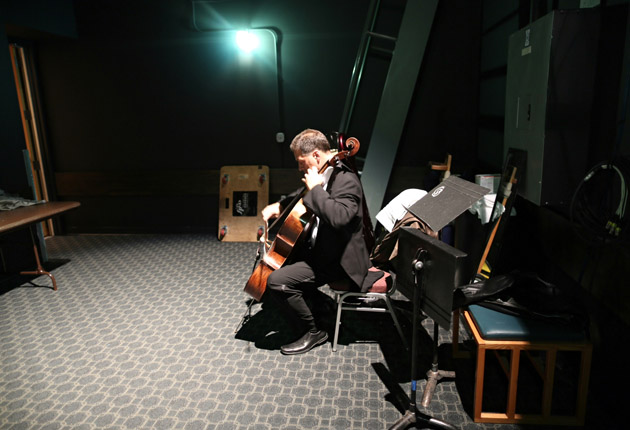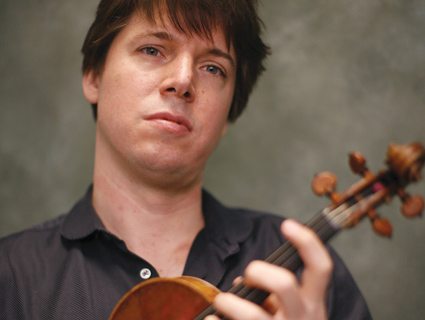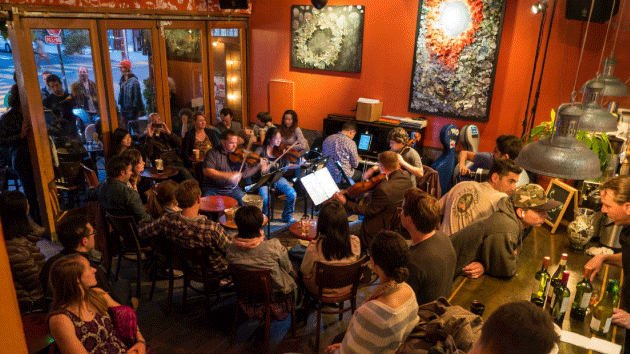
A Classical Revolution quintet plays a San Francisco cafe.Marco Rozzano/Classical Revolution
It’s Monday evening, and as the light wanes, the din of Revolution Café spills onto the street. An eclectic crew has been gathering here—hoodies, tattoos, leather jackets, and high heels all in one room. Their owners sip beer and sangria from tall glasses as they chat and look for spare tables in the dim, cramped room. Finding all seats filled, newcomers stand outside on the porch.
Standing room only on Monday nights is par for the course at this café/bar in San Francisco’s Mission district, because on Mondays, the café hosts live chamber music. The musicians, a mix of freelancers, conservatory students, and techies who play on the side, are volunteers with Classical Revolution, a program that brings high-level classical music into intimate public spaces.
A violinist announces that they’re getting started with the Mendelssohn octet. He and seven other string players sit at a makeshift “stage”—really just a spot where tables have been replaced by music stands. They bring their instruments to the ready as the buzz quiets to a murmur. They pause, bows hovered over strings. From outside the wall-length window, you can hear a motorcycle whizzing by. But when the musicians start to play, the crowd is enraptured.
I have been playing violin since I was four, performing in more classical concerts than I can remember. Whether I was screeching away at Hot Cross Buns or playing “The Rite of Spring” with an orchestra, the players and listeners followed an unspoken set of rules. The musicians, almost exclusively white or East Asian, walked on stage quietly. While we performed, the listeners certainly didn’t chatter, they didn’t eat or drink, and they tried not to cough or squirm. Yet not once did I glance down to find a crowd as captivated—or as diverse—as the one here.
The easy exposure to classical music, up close and casual, is exactly what Classical Revolution is shooting for, says Charith Premawardhana, the group’s 36-year-old founder, a violist himself. The reason that more young people aren’t interested in classical isn’t the music, he explains, but the setting: tickets are expensive, and you have to dress up and be quiet for hours. “It’s restricting for a lot of young people.” His goal for Classical Revolution is simple: “It’s high art, but it’s not high brow. We’re taking it seriously and playing passionately, but we’re taking out all the other stuff that you get in a normal classical music setting: the formal dress, the formal attitude, the stuffy environment. The music is kept at a high level but the rest is chill.”
Of the dozen or so people I spoke with on my first visit to Revolution Café, only one had ever been to a formal classical music concert. Premawardhana says this is often the case: “They say things like ‘I never realized how much I liked Mozart!'” In a more intimate atmosphere, he says, “You can see the musicians’ fingers move. You can see their facial expressions. It makes the audience feel like they’re more involved.”
Classical Revolution got its start in 2006 when Premawardhana, a recent grad from San Francisco Conservatory, found a cheap room in the Mission and was looking for places to play. He would often walk to Revolution Café—”back then, it was genuinely bohemian”—to hear live music, often jazz or rock, and mingle with fellow musicians. One week, the café’s manager, wanting to mix things up a little, invited Premawardhana’s chamber group to play. Soon enough, musicians in his network of friends were playing chamber music there every week. New players, hearing about a chance to perform with other skilled musicians for a fun audience, were welcomed into the fold. The musicians began performing on Mondays instead of on weekends, because too many people were coming to watch them play. Now, Classical Revolution has volunteer musicians playing regularly or semi-regularly in 30 cities across the world.
Whether Classical Revolution, as its name suggests, will truly rejuvenate the classical world is up in the air. I can hear the complaints of professional musicians already: How are you supposed to play with the murmur of the bar and the background noise of the street? How can you expect listeners to really hear the subtleties of the phrasing and the dynamics if they’re constantly hearing the tinkle of drinks being poured—especially if they’ve already downed a glass themselves?
The program also has some organizational issues to sort out: It has no institutional funding—it’s all volunteer work, not counting the modest cash musicians and organizers get from venues and tips. Currently affiliated with San Francisco Friends of Chamber Music, Classical Revolution is in the process of becoming a 501(c)(3) nonprofit. But the skyrocketing interest from musicians and listeners—and the frequent line out the door of their regular Bay Area venues (they also play at Awaken Cafe and Caffe Trieste)—is undeniable. Premawardhana estimates that in this city alone, CR musicians have played more than 1,200 concerts. In recent weeks, he’s heard from groups in Korea and Iceland wanting to start new chapters.
Many of today’s orchestras and symphonies are struggling with budget cuts and dwindling ticket sales, and professional musicians worry that classical music is dying. But here at Revolution Café, it seems more alive than ever. The octet moves into the final movement of Mendelssohn, a fiery, romantic, jaw-dropping piece of music. Some people have taken out their phones, sipping their beer with one hand and collecting video with the other. Just in front of me, a guy in a hoodie and sneakers nods with the beat. The woman next to me, with short hair and big earrings, has closed her eyes, a smile drifting across her face. When the piece is finished, the audience roars unabashedly, and passersby on the sidewalk stop and stand outside, wondering what’s causing all the commotion.
Correction: A previous version of this article incorrectly stated Charith Premawardhana’s age. He is 36, not 34.

